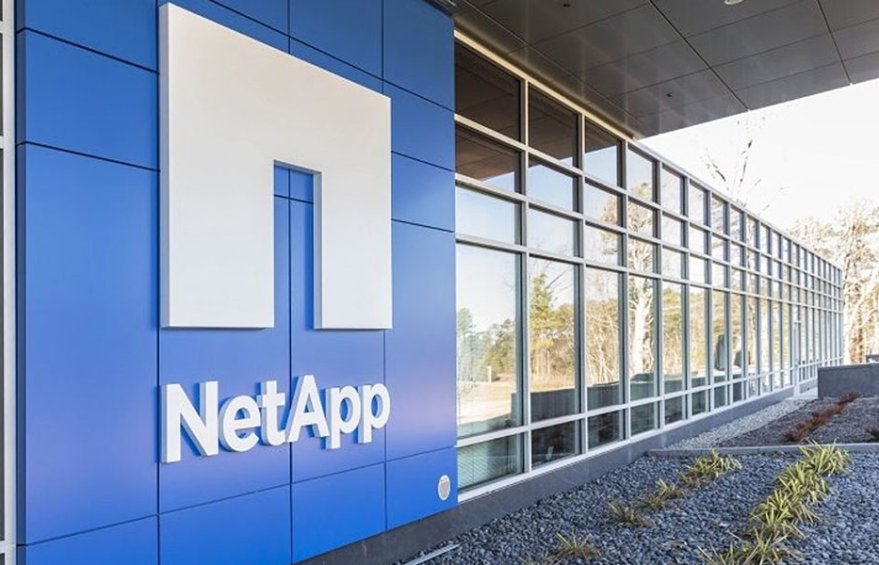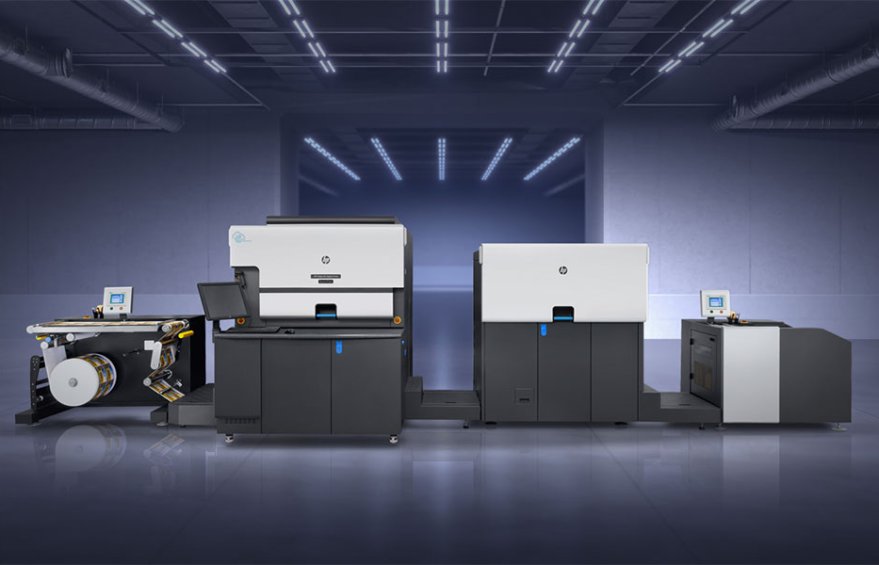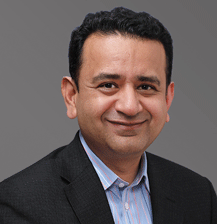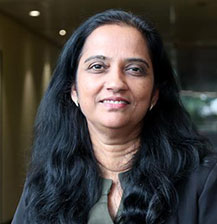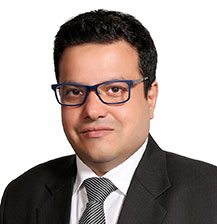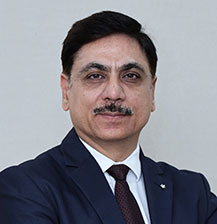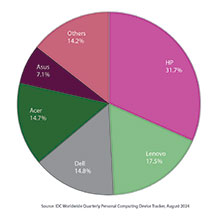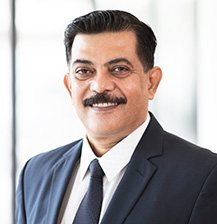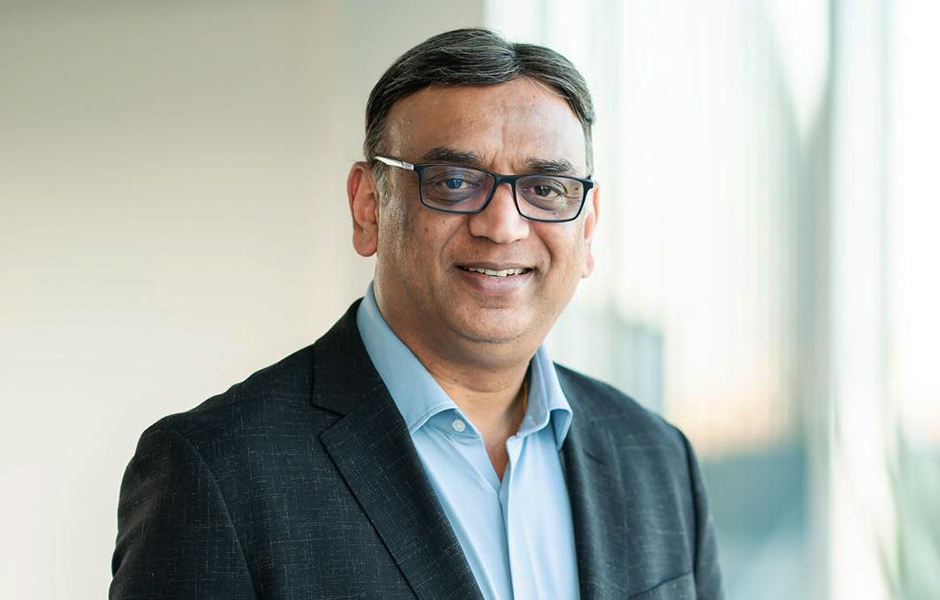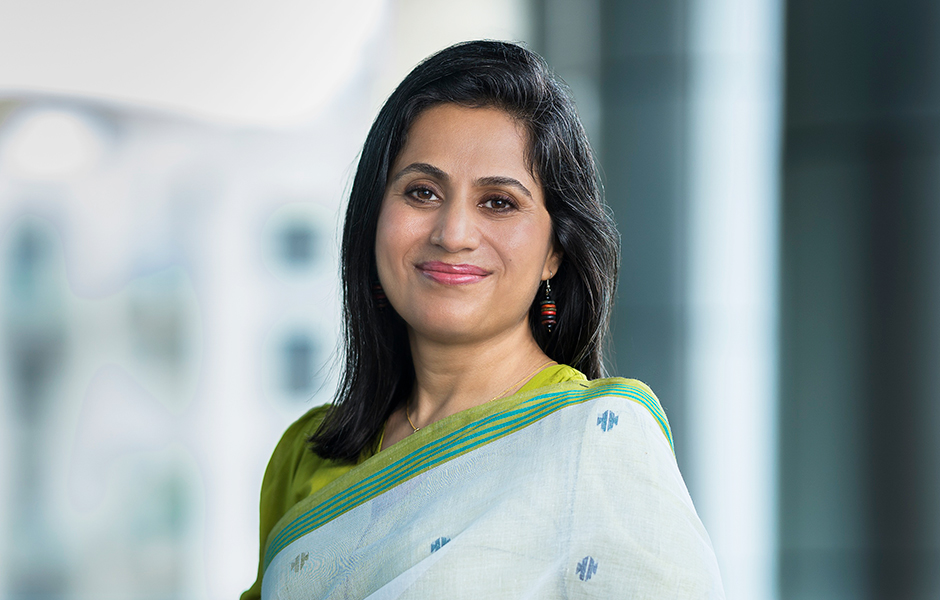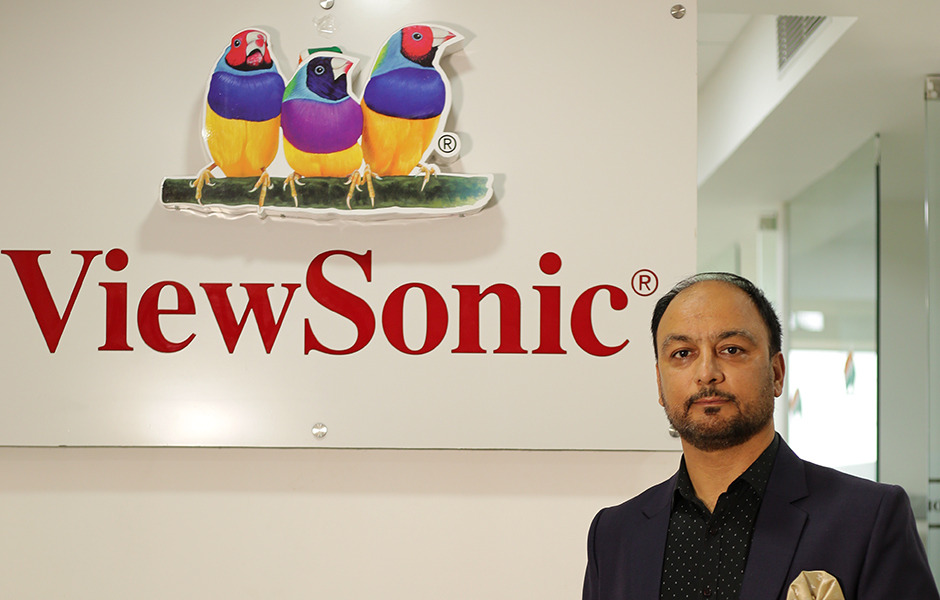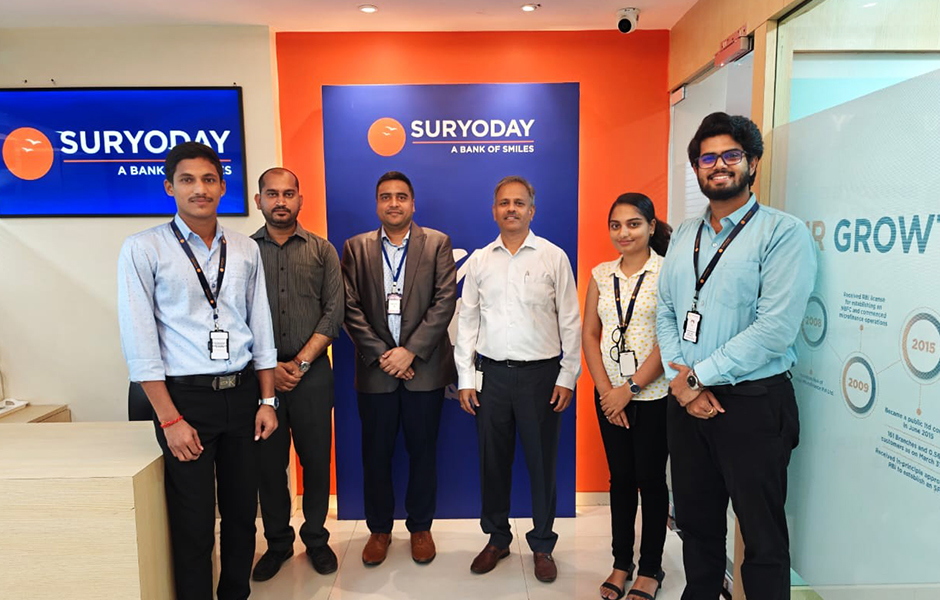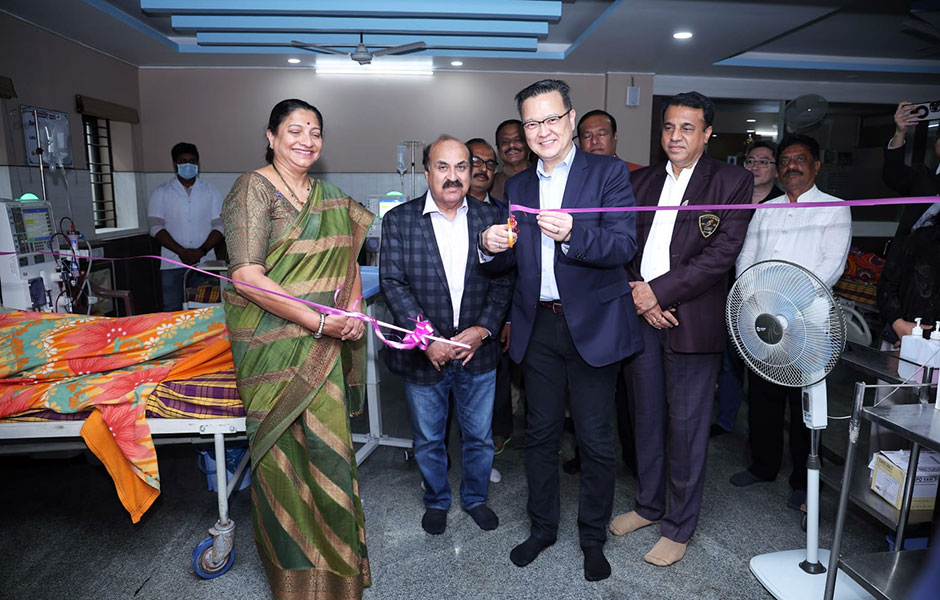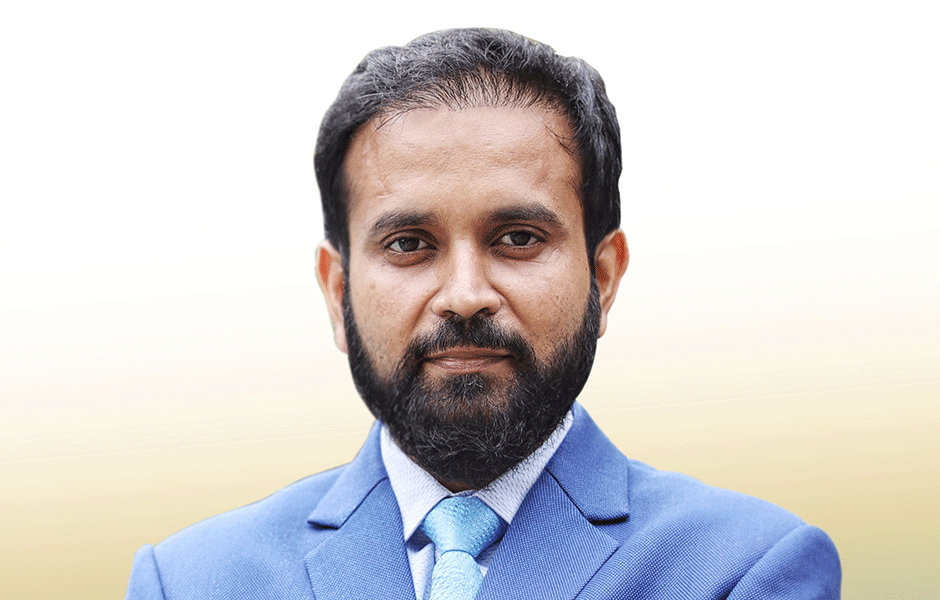
Piyush Somani, Founder, CMD & CEO, ESDS Software Solution
With the growing automation of enterprises & organizations in India, demand for data centre services has gone up. The idea of data localization has also spurred the data centre market in the country. However, the COVID-19 pandemic has lent centrality to this market segment as India adopts WFH & LFH culture. In an interaction with Md. Qaisar Alam of Digital Edge, Piyush Somani, Founder, CMD & CEO, ESDS Software Solution, talks about his company’s overall strategy in harnessing the growing market around data centres and allied cloud services in the country. Excerpts!
Do you think that cloud computing is the most happening development in India attracting a lot of investments in either establishing new data centres or expanding the existing ones?
The world has changed drastically during the pandemic. Earlier, technology was an option, but the pandemic has made us realize that technology – automation and cloud computing – has become a necessity.
The spending on IT and automation worldwide has jumped to 10 percent from its previous allocation of less than 1 percent. India resonates with similar trends. Even the companies without automation are now making the shift to digital transformation. The pandemic has pushed these businesses to go for SaaS (Software-as-a-Service) models. India was projected to be among the top countries with automation by 2025, but with global shutdowns, due to the pandemic and the geopolitical scenario, this target seems to be a bit challenging. Many countries, including India, are now prioritizing data localization, and this is the time when existing and upcoming data centre companies can capture the market.
Where are your data centres located in India? On the BCDR front, how fool-proof are your measures?
Currently, we’ve got three datacenters situated in Mumbai, Nashik and Bangalore. We’re planning to establish three more data centres at Chennai, Kolkata and Delhi in 2021. Our data centres have been designed in compliance with the uptime Tier-3 standards. We offer our customers a minimum of 99.98 percent of uptime possible only through our unique cloud and data centre innovation. Our patented intelligent vertical auto-scaling technology has greatly helped to reduce our carbon footprint, while allowing the virtual machines to function efficiently. Our disaster recovery consulting and planning, to full restoration of mission-critical applications and services protects critical business technology infrastructure. We ensure that organizations exceed the most challenging recovering time objectives (RTOs) and recovery point objectives (RPOs). Our RTO & RPO reports ensure the readiness of DR sites to act in case of any disaster.
Additionally, we provide an alternate site to ensure smooth operations and data availability in critical situations. We’re in the business of providing support to critical data and our digital transformation solutions were already in place even before the pandemic hit. We’ve always been prepared for something like this, so to answer your question we had our business continuity strategy working for us even during the global lockdowns.

Piyush Somani
Founder, CMD & CEO
ESDS Software Solution
In your views how big is the present market size of cloud services in India?
The current market size of cloud in India is approximately $3 Billion. This is also anticipated that this figure might reach $15 Billion by 2025. This indicates a five times growth in the cloud industry in the coming years. As we notice that the pandemic has brought many other businesses to a standstill, but the cloud business has been soaring due to increase in demand. With the cloud, people have an assurance that it is not location dependant. The biggest advantage of cloud is business continuity during disasters, Whereas, businesses with on-premise data centres have faced a number of problems during the pandemic with failing servers, ransomware attacks, electrical breakdowns, data corruption and security issues. The lockdown made these businesses helpless and hampered business production. This was the time when people realised that cloud is the way forward in future.
In what ways can your organization—a cloud service provider—collaborate with enterprises & organizations having private cloud resources?
ESDS has a unique product offering, eNlight 360° for enterprises with their private clouds or on-premises data centres or even businesses who have opted for collocations from 3rd party data centres where they have deployed a private cloud. eNlight 360° is enabling them with the benefits of our public cloud from vertical auto scaling to cloud burst. Cloud Burst is a unique feature and is also a USP of eNlight 360°. This allows companies to run application in a private cloud and bursts into our public cloud when the demand for computing capacity spikes. The advantage of such a hybrid cloud deployment is that they only pay for extra compute resources when they’re needed.
What are the verticals, which you focus on with your cloud services?
Our major focus at this point of time is on Indian enterprises and BFSI & NBFCs. Government sector (including central and state governments), PSUs and semi-governments are our focus areas. Talking about start-ups, they aren’t our major area of focus the reason being that most of the start-ups are born from the renowned cloud brands, and they generally opt to run their own private clouds. The enterprises with ERP and other peripheral channels are our main target customers. ESDS has one of the biggest SAP-HANA deployments in India, currently we’ve more than 200 customers running and enhancing their businesses on our SAP-HANA community cloud. We also have more than 350 banks hosting their core banking data on our BFSI Community Cloud. In the government sector, more than 150 organizations across India are optimizing work processes for faster turnarounds.
We’ve rate contracts with the central and state governments, and the STPI as well. We can also claim that 80 percent of Indian smart cities run either primarily or secondarily on our cloud platform. We also closely work various ISVs (independent software vendors) and one of the ISV from the BFSI space has hosted 170 banking customers on our cloud platform. Another banking ISV has over 50 banks as beneficiaries of our cloud. This portrays the growth in digital transformation. The rise in smart cities and smart surveillance concept along with IoT (Internet of Things), AI (artificial intelligence) and ML (machine learning) are taking a good shape. All of these will be transforming the post-COVID era and amidst this Cloud is taking the forefront. ESDS is playing a very crucial role when it comes to enterprises, SMEs, government and BFSI sector.
What are the cloud services you offer to enterprises & organizations in the country?
ESDS has come up with several new offering for enterprises and the organization during the pandemic. For manufacturing companies and for companies that have deployed SAP HANA ERP, we’ve developed the SAP HANA community cloud. Our BFSI community cloud for insurance and banking sector hosts more than 350-plus customers, for government we’ve government community cloud empanelled with government of India and STPI. We also have SAAS offering for HIMS (hospital information management system) for better functioning of the hospitals. For all the collector offices in Maharashtra we have iPAS integrated automation system which is being scaled up to national level by the state government for paperless collector offices all over India. iPAS was being deployed during the lockdown and enabled all the officers to work from home effortlesly. Our Desktop-as-a-Service offering is enabling a secure work from home environment for various businesses. We’re in process of delivering CDN (content delivery network) and India’s cheapest Object storage which would help businesses and organizations to back up their data across devices; if you’re on any other cloud, you can use our object storage to backup all your data.
What is the channel strategy of your company for addressing the cloud market during these challenging times in India?
We’ve found channel business as one of the most efficient ways of scaling out in the market. We’ve partnered with some small as well as large SI’s who have a turnover of Rs 300 to Rs 500 Crore. They’ve been introducing us to their connections and in their respective regions. They’re also introducing our cloud services to their end customers which are helping them for longer and healthier customer retention for a long-term business association. These channel businesses have partnered with ESDS and want to continue as we offer them commission benefits and long-term relationships with their customers. Lot of channel partners have realized that it is very important to retain long term relationship with the customers rather than having short term profits and now they’re shifting to ESDS from other cloud service providers, due to our best assured and ethical business practises. Many companies in India have also realized the importance of cloud during the pandemic and we are confident that most of them will switch to ESDS for a scalable experience.
Have you been able to render assured and prompt support services to your customers even during these COVID days?
From the first day of lockdown, a limited number of essential employees visited the company offices, the technical team was constantly monitoring the functioning of the data centres and we managed to provide 100 percent uptime for more than 5 months while the support team was working from home. The CIOs and CISOs have appreciated the services provided by ESDS. In fact, during September we managed various incidents and rectified the problems to render services seamlessly to our online customers. Top analysts have put ESDS among the top MSPs (managed service providers) in India lists. ESDS in ranking on 2nd position according to the white papers published by industry analysts.



